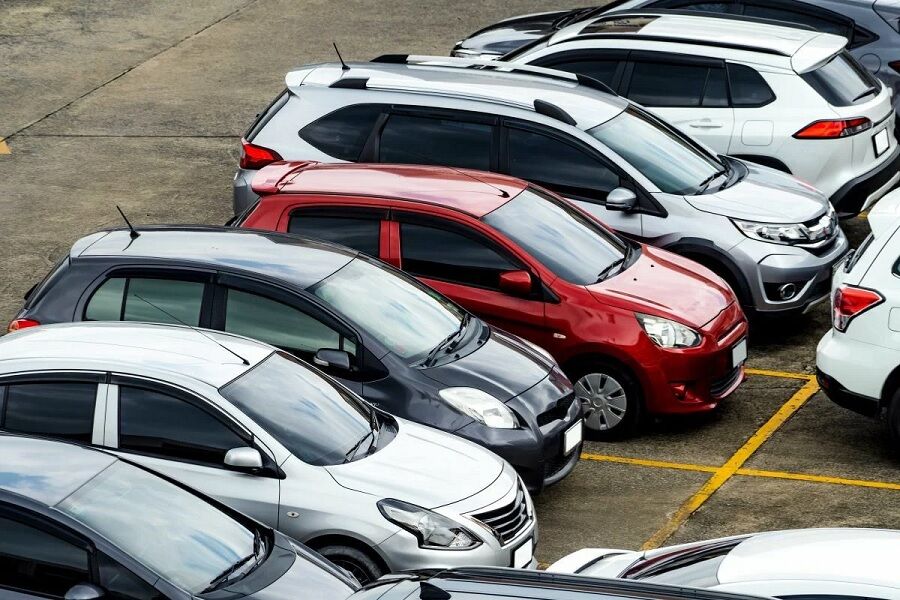Rental woes: KCar sees slowdown as lending rules put brakes on second-hand marke

KCar, formally known as Krungthai Car Rent & Lease Plc, anticipates a deceleration in the second-hand car and car rental markets as financial institutions continue to enforce stringent lending criteria. This is attributable to high levels of household debt and subdued purchasing power.
Pichit Chantarasereekul, the managing director of KCar, highlighted that banks are increasingly cautious due to the high incidence of non-performing loans in the automotive industry.
“High household debt raises concern among banks over non-performing loans as they are high in the automotive sector.”
In the second-hand car market, there is a continued preference for internal combustion engine (ICE) cars over electric vehicles (EVs), primarily due to the limited availability of EV charging facilities compared to petrol stations. Furthermore, Pichit noted a larger demand for passenger cars over pickups in the ICE category, as banks are more hesitant to approve loans for used pickups due to a higher rate of vehicle seizures.
The quantity of EVs in the second-hand market is on the rise, either from owners unable to keep up with instalment payments or those wishing to switch EV models. In the car rental industry, both ICE cars and EVs are predominantly leased to large businesses and government agencies, given their higher purchasing power. Strikingly, prices of leased EVs are 20-30% lower than those set by EV manufacturers.
Currently, KCar maintains a fleet of 9,000 vehicles for rent, with 85% of its customers being large companies and the remaining 15% stemming from the government sector. The company aims to broaden its customer base to include small and medium-sized enterprises this year, as many seek to cut logistics and maintenance costs amidst the economic downturn.
KCar projects a revenue increase of over 5% this year, with the expectation that state agencies will lease more vehicles. To bolster this growth and enhance its services, the company plans to set aside an investment budget of 2 billion baht for the purchase of additional cars, reported Bangkok Post.
Latest Thailand News
Follow The Thaiger on Google News:


























